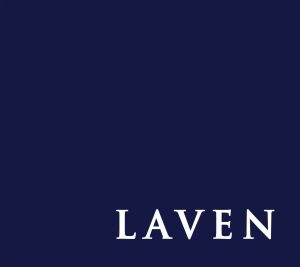In January the Cayman Islands Monetary Authority (CIMA) proposed a range of measures in a private sector consultation to improve the legal framework of corporate governance practices across the financial services industry.
According to CIMA, the catalyst for the proposal was the analyses conducted by international organisations, including the Financial Stability Board, about the origins of the 2007/2008 financial crisis which revealed that deficiencies in the corporate governance practices of regulated entities were one of the catalysts towards the crisis. CIMA noted that the international financial organisations have as a result suggested that regulators must enhance corporate governance standards to reinforce financial stability and protect the financial market.
The recent steps taken by CIMA are therefore not surprising and follow the example of jurisdictions like the BVI which have already updated their corporate governance rules. It is also seen as an effort to improve Cayman Islands’ reputation as a secretive tax haven, for which it is often criticised by EU and US politicians, including Barack Obama during his 2008 campaign.
The proposals from CIMA include the extension of the current Statement of Guidance on Corporate Governance (SGCG), which previously only applied to CIMA licensed entities. It will now apply to all registrants, including registered mutual funds, such as the typical hedge fund structure. The SGCG provides high-level principles and guidance on corporate governance. The proposals also contain clarifications on the role and duties of fund directors to bring them in line with international supervisory standards.
One of the most significant proposals is however the establishment of a database containing due diligence information on entities. This would include information on their directors – something investors in the fund industry have pushed for very vocally over recent years, partly led by a transparency campaign conducted by Mesirow Financial. This result is a huge success for investors in the alternatives industry. Further, CIMA has proposed that directors who sit on more than six boards are pre-approved and licensed by CIMA.
CIMA hopes that by modernising the corporate governance standards in the Cayman Islands entities will be better managed, boards will have improved oversight and that there will be more focused risk management practices and enhanced controls to mitigate risks. Feedback on the consultation is expected by mid-March which, according to CIMA, will then form an integral part of their considerations when finalising the rules on corporate governance standards.
Jerome Lussan, CEO of Laven says: “The legal changes that should come from these proposals may end up having a revolutionary impact on offshore fund structures. The proposals come at a time when onshore regulators and tax authorities are also tightening their grip on managers of offshore funds, including with the introduction of the AIFMD and its letter-box entities provisions which will mean fund managers will need to ensure any offshore management companies retain their responsibilities and actually act in accordance with such responsibilities. If this is not done, related funds will be deemed non-compliant with the AIFMD and will not be able to access the EU market. Laven has always supported better standards and disclosures. We work with many fund boards and independent directors providing them with the specialist support to understand and follow the fund for which they work.We welcome the consultation and see it as a very positive step for the industry.”




